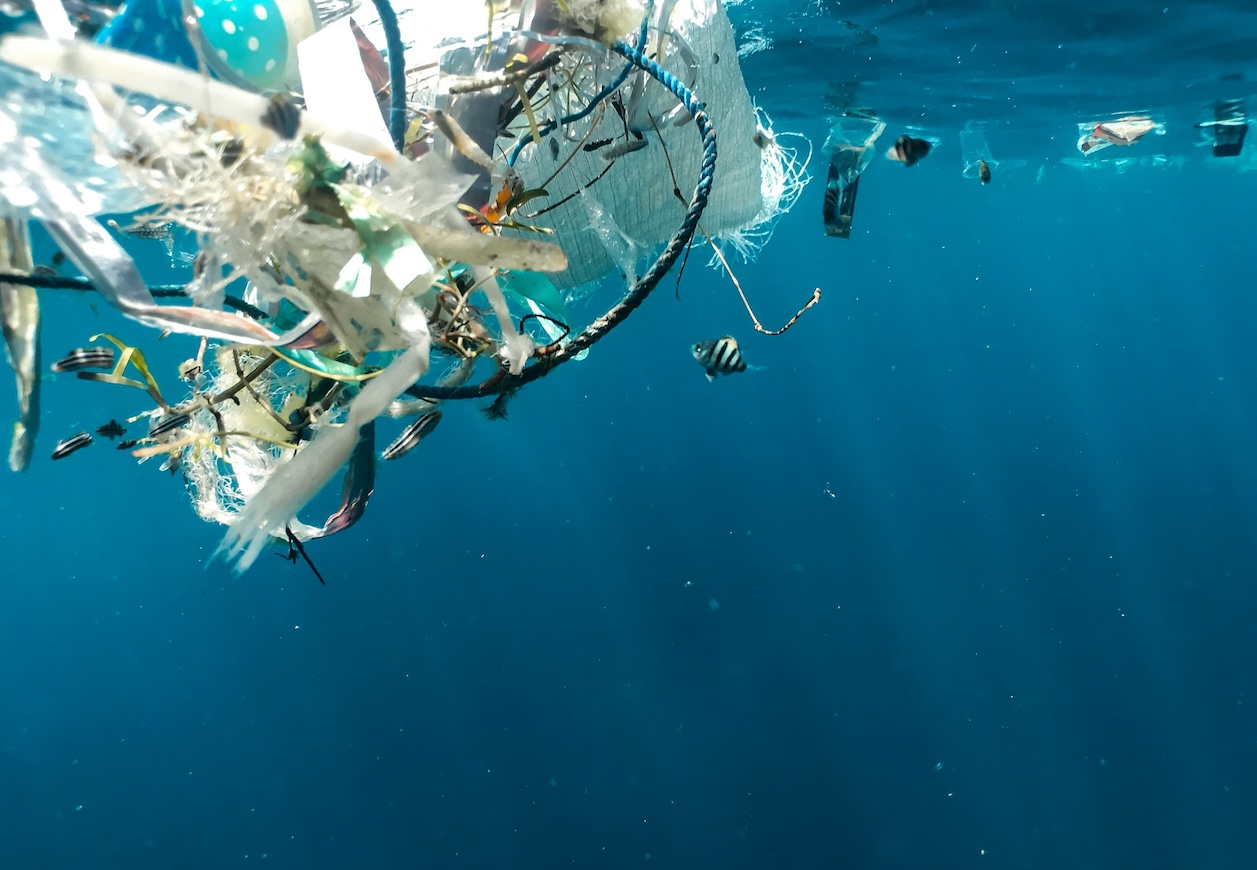Plus BII’s $20m loan to improve remittance flows into Africa | GRI /UN Global Compact update SDG reporting tool.

Seventy international financial institutions and their representatives with combined assets $6.8trn (€6.3trn) are calling on petrochemical companies to transition to safe and environmentally sound practices, by reducing fossil fuel dependency and eliminating hazardous chemicals.
A collective statement organised by financial think tank Planet Tracker has secured the backing of investors including Legal & General Investment Management, Pictet Group, Nordea Asset Management, Achmea Investment Management, Robeco, MN, Abrdn, Rockefeller Asset Management, Rathbones Group, and Storebrand Asset Management, among others.
Participating investors and their representatives with exposure to the plastics value chain have committed to request petrochemical companies producing plastic polymers to take steps including defining transition strategies and targets, addressing toxic polymers and chemicals, developing infrastructure to support sustainable feedstocks, as well as establishing appropriate governance frameworks and supporting international agreements.
Plastic production is set to triple by 2060, with petrochemical companies becoming the primary driver of oil demand growth. Last month, Planet Tracker published a report highlighting what the organisation believes are deceptive practices employed by the plastic industry saying that for years the plastic industry has been promoting recycling as the solution to the world’s plastic pollution crisis despite the fact that a staggering 91% of plastic is not recycled globally, as reported by Impact Investor.
BII supports cheaper and faster remittance flows into Africa
British International Investment (BII) has announced a $20m (€18m) senior secured loan to TerraPay, a global cross-border payments processor with a focus on remittance transfers into Africa.
The remittance costs across sub-Saharan African are still the highest in the world. Sending $200 to the region costs on average 8% in 2022, compared to the global average of 6.2%.
BII’s loan will contribute towards to lowering costs, higher speed, improved reliability and accessibility of remittance transfers into the continent, and enhancing financial inclusion, according to BII.
The funding will be used as part of TerraPay’s working capital to pre-fund growing remittance volumes to Africa. It will prioritise key African corridors, with high volumes expected in Kenya, Ghana, Egypt, Uganda, Tanzania, Cameroon, Mali, Benin, Cote d’Ivoire, Senegal and Mozambique.
Chris Chijiutomi, head of Africa at BII, said: “Sending money to Africa is expensive. That is why our investment in TerraPay is critical to help increase availability of lower-cost, efficient, accessible and reliable remittances. This aligns with our goal to support resilient financing and improve economic opportunities on the continent.”
GRI/ UN Global Compact’s SDG progress tool
The Global Reporting Initiative (GRI) and the UN Global Compact have made available an updated version of their ‘Business reporting on the SDGs: An analysis of the Goals and Targets’, a tool aimed at helping businesses report on SDG progress.
The tool was first launched in 2017 to “effectively integrate the SDGs into existing reporting processes”, and to demonstrate their impact and contributions to sustainable development through “high-quality, consistent and comparable data”.
The reporting tool is primarily addressed to businesses, as well as to policymakers, investors, NGOs and researchers.
Peter Paul van de Wijs, chief policy at GRI, said: “In a time of pressing global challenges, the role of the private sector in contributing to the SDGs cannot be overstated. Reporting practices are often non-mandatory and inconsistent, hindering our ability to comprehensively assess and address the most pressing sustainability issues.” The updated database supports businesses “in leveraging existing reporting processes and tools to effectively demonstrate their impacts and contributions to the SDGs”, he added.
According to Tonilyn Lim, chief of programmes of the UN Global Compact, the tool is not just about reporting but “about equipping businesses to make a tangible impact on global challenges”.






